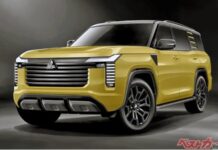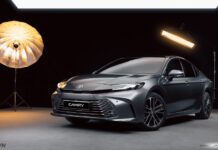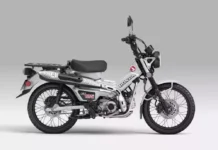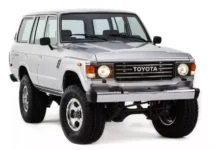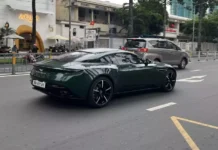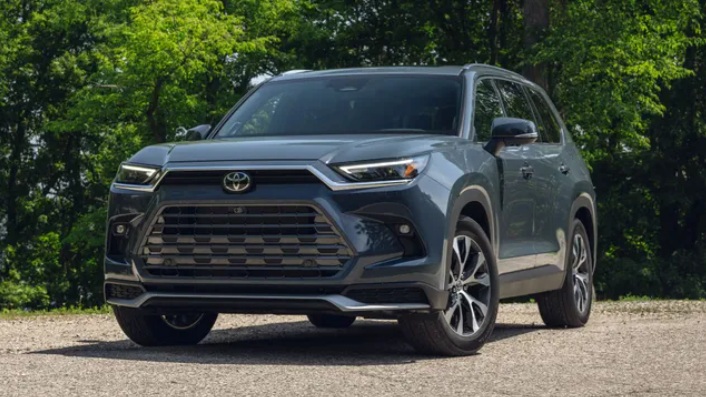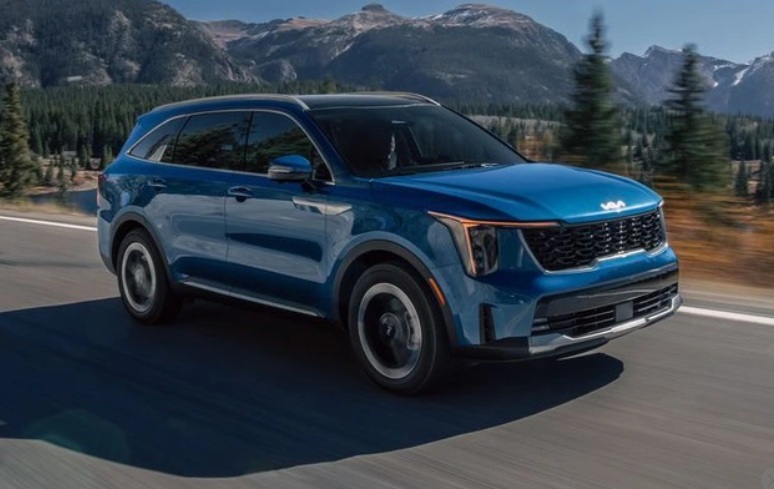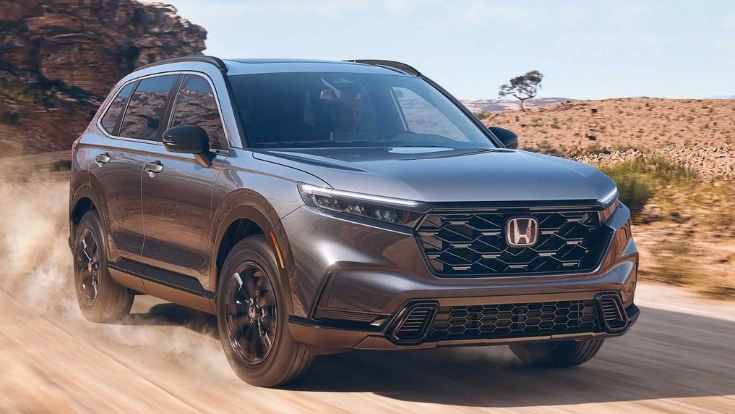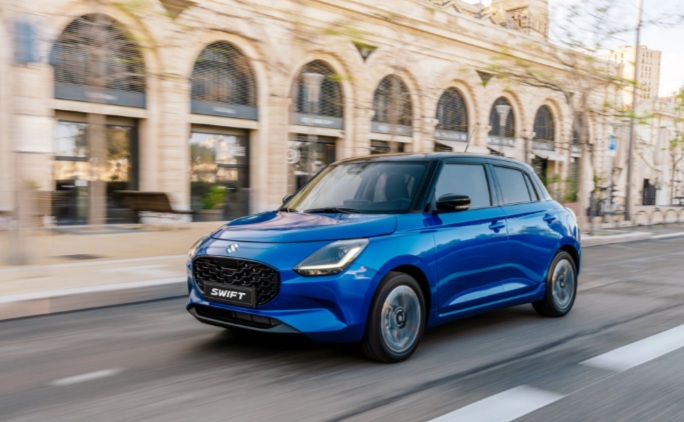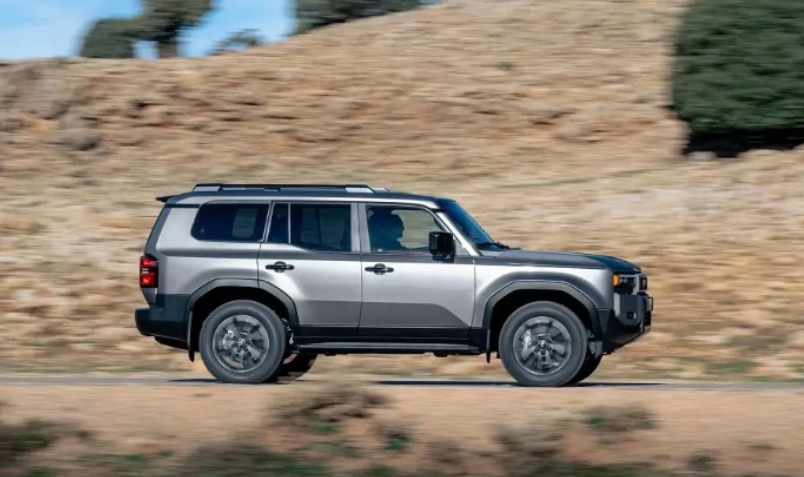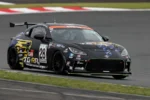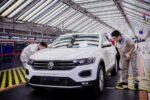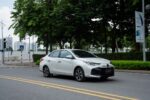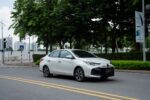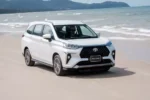Toyota Group remains at the top of global auto market share as of May 2025, with 12.5% market share, according to the latest report by Focus2move based on Global Database data.
Specifically, Toyota recorded a 6.1% growth compared to the same period in 2024, largely thanks to an impressive 12% increase in the Asian market – a region that is their “home turf” and also accounts for a growing proportion of global vehicle consumption. However, Toyota still experienced a 5.1% decline in the European market, reflecting a slowdown in developed markets as they shift towards electric vehicles.
Volkswagen Group maintained its second position with a 9.7% market share, a slight increase of 1.1% from the previous year. Despite a 2.8% decline in Asia, the German automaker showed signs of recovery in the Americas, where growth reached 4.2%, indicating that efforts to restructure product portfolios and invest in electric vehicles are paying off to some extent.
In third place was the Hyundai-Kia Group with an 8.2% global market share, a 3% increase. Notably, the South Korean automaker saw a nearly 10% increase in the American market, offsetting a 1.7% decline in Europe. This reflects their strategy of expanding into new markets and offering a diverse range of products, from urban SUVs to competitively priced electric vehicles.
Renault-Nissan Alliance dropped to fourth place, losing 1.9% market share, with the most significant decline being an 8.4% drop in Asia, a market that was once a crucial pillar in the French-Japanese alliance’s global strategy.
Stellantis, the multinational automotive group formed by the merger of Fiat Chrysler and Groupe PSA, ranked fifth with a 1.5% decrease in market share. While they achieved significant growth of 29.5% in Asia, they faced an 8.9% decline in Europe, highlighting the challenge of balancing traditional markets with expansion into new regions.
General Motors (GM) held the sixth position with a 3% global increase. However, this was impacted by a steep 41.3% drop in Europe, while GM maintained stability in its core American market, achieving a 6% increase.
Meanwhile, Ford Group ranked seventh with a slight decline of 0.2%. Ford was negatively affected by a 9.9% decrease in Asia, although there was a positive sign with a 1.4% increase in Europe.
Honda Motor, another Japanese automaker, slipped overall with a 3.4% decrease. They experienced significant declines in Asia (16.5%) and Europe (21.4%), despite a 15.4% increase in the American market. This reflects challenges in their product strategy and pressure from Chinese competitors.
In contrast, Geely Group, the Chinese automotive group that owns brands such as Geely, Lynk & Co, Zeekr, and Volvo, was a standout performer, growing by 34.8% and moving up two spots from last year to ninth place. Geely achieved a remarkable 47.3% increase in Asia, continuing to dominate the domestic market and expand in Southeast Asia. They also grew by 15.4% in the Americas, indicating that their efforts to export electric vehicles to the region are bearing fruit. Despite a minor 4.1% dip in Europe, Geely remains the fastest-growing automaker among the top 10.
Suzuki closed out the top 10 global best-selling automakers with a 1.4% decrease, dropping one spot from the previous year. The primary reason was a significant 20.3% decline in Europe, suggesting that their small car-focused product line is losing competitiveness in this market.
The global auto market share landscape as of May 2025 highlights a clear divide between traditional automakers and emerging players, particularly Chinese companies like Geely. Toyota maintains its dominant position thanks to its stronghold in Asia, while many European and Japanese automakers face the challenge of adapting to the electric vehicle era and evolving global consumer demands.
Notably, while the European market is losing its strategic significance in overall sales, Asia and the Americas are emerging as the new growth pillars, prompting automotive groups to reshape their strategies to maintain and expand their global market share in an increasingly competitive race.
Toyota Pursues Liquid Hydrogen and ‘Ultra-Clean’ Gasoline Technology
Toyota’s racing cars at the Japanese Grand Prix showcase an alternative to the prevalent narrative of electric vehicles being the sole future of automotive transport. These racing cars, powered by liquid hydrogen and low-carbon E20 gasoline, present a compelling case for a diverse energy landscape in the industry.

